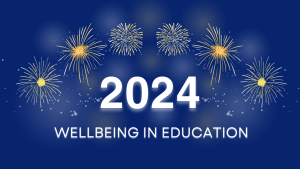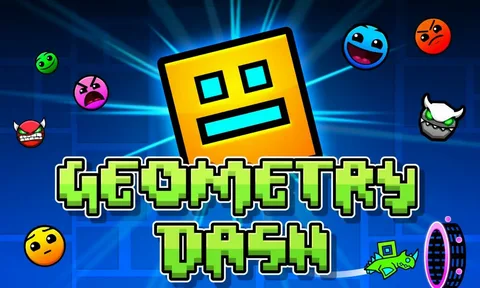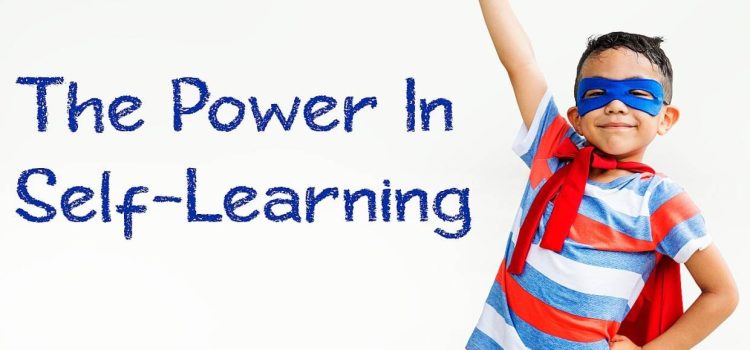
Introduction
In an era defined by rapid technological advancements and evolving societal needs, the concept of education is undergoing a profound transformation. Self Education, once considered unconventional, has emerged as a pivotal force shaping the educational landscape of 2024. This article delves into the burgeoning trends and innovations driving this paradigm shift, exploring the multifaceted dimensions of self-directed learning in the digital age.
What is Self Education?
Self Education, also known as autodidacticism, refers to the pursuit of knowledge and skills through independent means, outside traditional educational institutions. It empowers individuals to take control of their learning journey, leveraging resources such as online courses, books, and experiential learning opportunities to acquire new competencies.
Importance of Self Education in 2024

In 2024, the traditional boundaries of education are becoming increasingly porous, with Self Education emerging as a catalyst for lifelong learning. In a rapidly changing job market, where the half-life of skills continues to shrink, the ability to adapt and upskill independently is paramount. Moreover, self-education fosters autonomy, critical thinking, and a growth mindset, equipping individuals with the agility to navigate uncertainty and thrive in diverse professional contexts.
The Rise of Self-Education in 2024
Several factors underpin the ascendance of self education as a dominant force in 2024. The democratization of knowledge through digital platforms has dismantled barriers to entry, making learning accessible to anyone with an internet connection. Additionally, the COVID-19 pandemic has accelerated the adoption of remote learning modalities, spurring individuals to explore alternative avenues for skill acquisition beyond traditional classrooms.
Impact of technology on self-education
The proliferation of edtech solutions and adaptive learning technologies has revolutionized the self-education landscape. Artificial intelligence (AI) algorithms personalize learning experiences, tailoring content and pacing to individual preferences and aptitudes. Virtual reality (VR) and augmented reality (AR) applications immerse learners in interactive simulations, enhancing engagement and retention. These technological advancements herald a new era of customized, immersive learning experiences, transcending the constraints of time and space.
Breaking the Mold: Self-Education Trends to Watch in 2024
In 2024, self-education is evolving towards a more personalized paradigm, wherein learning pathways are tailored to individual learning styles, preferences, and goals. Adaptive learning algorithms analyze learners’ performance data to deliver targeted interventions and recommendations, optimizing mastery and retention. From microlearning modules to competency-based assessments, educational content is increasingly modular and granular, catering to diverse learning needs.
Integration of AI in education
AI-driven technologies are poised to revolutionize self-education, augmenting human capabilities and enriching learning experiences. Natural language processing (NLP) algorithms power conversational chatbots and virtual tutors, providing real-time feedback and scaffolding learners’ comprehension. Machine learning algorithms curate personalized learning playlists, recommending resources based on learners’ interests and proficiency levels. As AI continues to permeate educational ecosystems, the boundaries between human and machine-mediated learning blur, opening new frontiers for knowledge acquisition and innovation.
Shift towards practical skills
In response to the evolving demands of the digital economy, self-education in 2024 is witnessing a pronounced shift towards practical, job-relevant skills. From coding bootcamps to data science certifications, learners are prioritizing competencies that align with emergent industry trends and technological domains. Project-based learning approaches empower learners to apply theoretical knowledge in real-world contexts, fostering creativity, problem-solving, and collaboration skills essential for success in dynamic work environments.

One of the most compelling advantages of self-education is its flexibility, enabling learners to customize their learning schedules according to personal and professional commitments. Whether balancing full-time employment, familial responsibilities, or entrepreneurial ventures, individuals can engage in learning activities at their own pace and convenience. This flexibility not only enhances accessibility but also promotes a healthy work-life-learning balance, fostering sustainable habits of continuous growth and development.
Enhanced career opportunities
Embracing self-education opens doors to a myriad of career opportunities and professional advancement pathways. By acquiring in-demand skills and credentials, individuals can position themselves competitively in the job market, unlocking new prospects for career growth and upward mobility. Moreover, self-directed learners demonstrate attributes highly valued by employers, such as initiative, resilience, and adaptability, which are indispensable in navigating the complexities of the contemporary workplace.
Challenges and Solutions
In an age of information abundance, navigating the deluge of online resources can be overwhelming for self-educators. Distilling signal from noise requires discernment and critical evaluation skills to identify credible sources and filter out irrelevant or misleading information. Curated learning pathways, peer-reviewed content repositories, and digital literacy initiatives can mitigate information overload, empowering learners to navigate the digital landscape with confidence and efficacy.
Addressing lack of guidance

While self-education offers unparalleled autonomy, learners may encounter challenges stemming from a lack of structured guidance and mentorship. Establishing learning communities, mentorship networks, and peer-to-peer support forums can bridge this gap, providing avenues for collaboration, feedback, and knowledge exchange. Additionally, leveraging AI-driven recommendation systems and expert-curated content repositories can scaffold learners’ self-directed journeys, offering guidance and insights tailored to their evolving needs and aspirations.
Incorporating Self-Education in Daily Life
Integrating self-education into daily life requires intentional cultivation of conducive learning environments that foster curiosity, exploration, and reflection. Designating dedicated spaces for learning, minimizing distractions, and establishing consistent routines can facilitate immersion and focus, enhancing the efficacy and enjoyment of self-directed learning experiences. Cultivating a growth mindset, characterized by resilience and a hunger for learning, empowers individuals to embrace challenges as opportunities for growth and mastery. Achieving harmony between self-education and other life commitments necessitates strategic time management and prioritization. Setting realistic goals,










